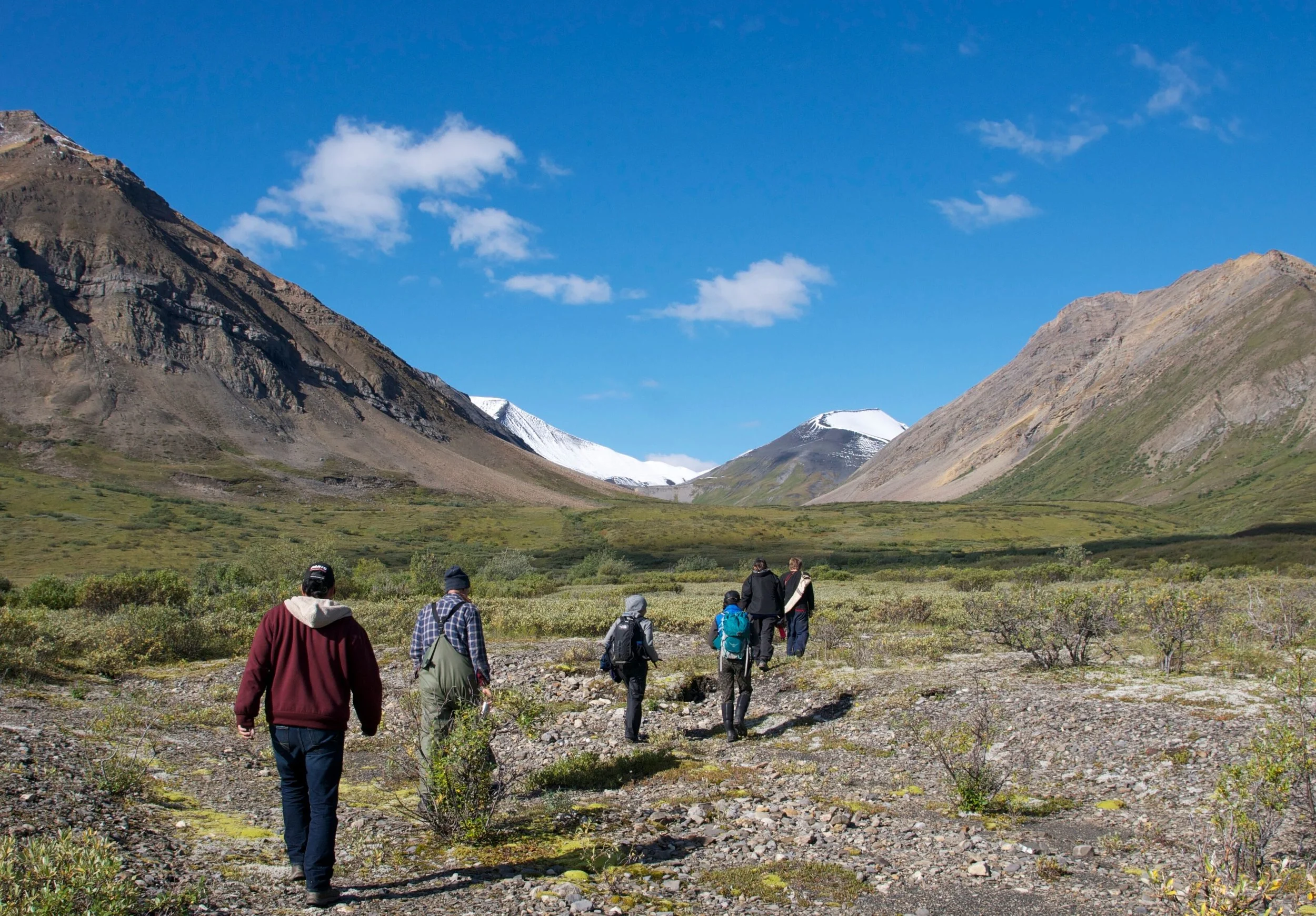These are real solutions to averting the worst possible future outlined in the Audubon study for birds and, by extension, for us humans: we breathe the same air, drink the same water, and endure the same temperatures as the birds.
Read MoreThe region where billions of North America’s birds are born remains largely healthy and intact. Every year, 3 to 5 billion birds emerge from Canada’s Boreal Forest. We still have a chance to protect these nesting grounds on a grand scale and give species the best chance of surviving into the future.
Read MoreIt is exciting to see that in Canada’s Boreal Forest region, Indigenous governments are already working hard to do their part to conserve the land and its carbon stores—a vital part of slowing the impacts of climate change as described by the authors of this new IPCC report.
Read MoreOn this International Migratory Bird Day, my thoughts are drawn to the places many of the birds passing though my backyard are headed: the Boreal Forest. Known as North America’s Bird Nursery, the boreal attracts up to 3 billion migratory birds each spring. Most boreal bird nesting grounds are sustained by Indigenous Peoples.
Read MoreIndigenous governments across the country are working to create protected areas that will sustain animals, plants, waters and lands for future generations. Our nations have enduring relationships with these places and caring for them helps us honour our cultural responsibility to the land.
Read MoreIndigenous governments are caring for the land across the country. Many have embraced land use planning as a tool for determining what lands they want to protect and where they will allow development.
Read More





